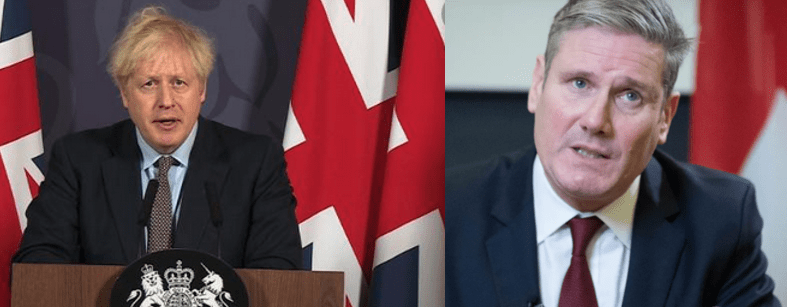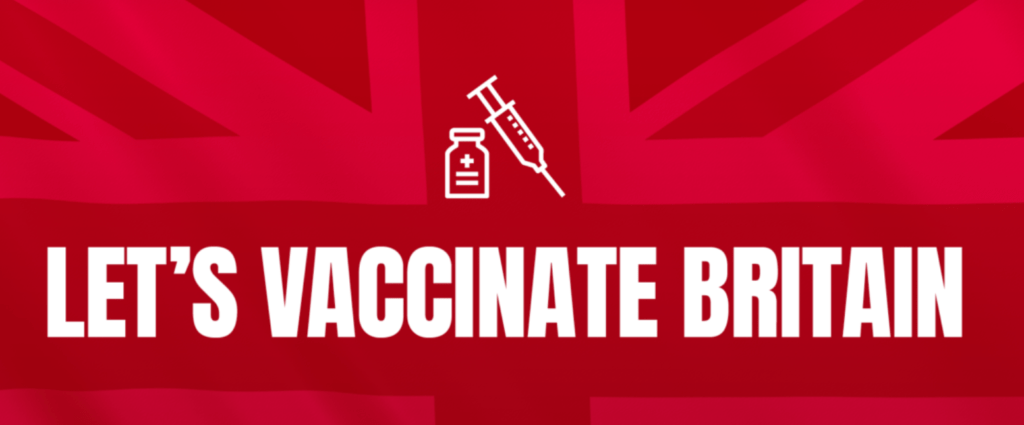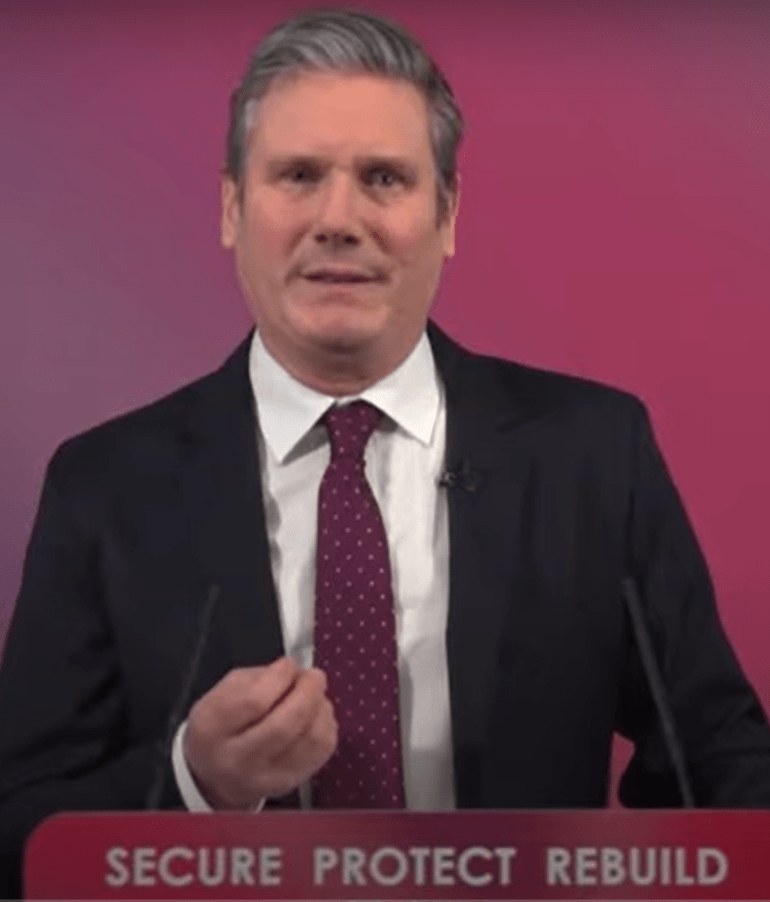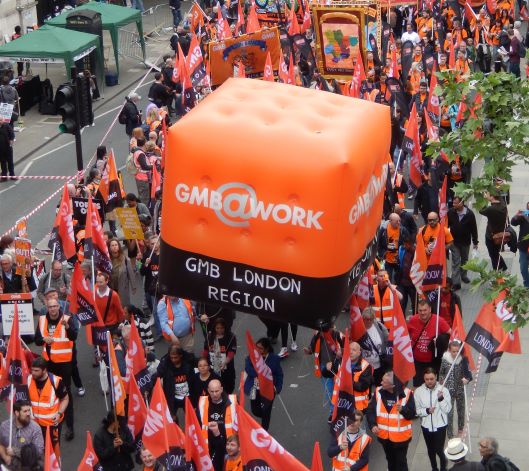Keir Starmer’s much-publicised live stream, outlining his vision for Labour for the next ten years, has brought us one new gimmick, a few feeble gestures in the right direction, but otherwise it points sharply backwards. In so far as there was anything clear in a vague and rambling presentation, it is a case of ‘back to the future’ for the new Labour leadership.
There were a few nods in the right direction, but that was about it. He made reference to the insecurities and inequalities built into British society. There can be no going back, he said several times, to “business as usual”. He was critical of the continuation of austerity in the Tories’ imposition of a wage freeze on workers in the public sector, including many key workers. The “collective sacrifices” of the pandemic, he said, should lead to a “better future”.
Four million children in poverty
He also made some correct arguments about the results of ten years. Even before the pandemic, he explained, life expectancy was falling for the first time in a century. Child poverty was affecting four million children. Those years of Tory austerity did great damage to fabric of society. It was the same tragic story, he explained, “in hospitals, surgeries, schools and town centres”. Faced then with a pandemic, he noted, “Millions cannot afford to isolate, so the lowest paid are the most exposed”. He correctly explained that a decade of Tory ideology was based on the idea that “government can’t interfere with the markets”.
He also made the point that unemployment and training for young people had become considerably worse, even before coronavirus. By last year, he noted, 292 young people were becoming unemployed every single day and this government’s miserably poor support scheme was only helping thirteen of them, one for every 22 unemployed.

Key workers have their wages frozen
He challenged the Tories’ claim that austerity was ‘over’, citing the public sector wage freeze, the reluctance to continue free school meals and the Tories’ ambivalence about maintaining the uplift in Universal Credit. He frequently referenced the “insecurities” and “injustices” of life – although not pointing out in so many words, as John McDonnell and Jeremy Corbyn had done so well, that the whole system is rigged against workers.
It is a feature of Labour’s right wing that they never refer to the “Tories”, as Jeremy Corbyn did, and Michael Foot, Nye Bevan and other leaders of the left, and as do the big majority of Labour members. Starmer’s Labour, being a “constructive opposition”, talks only about “the Conservatives”.
Tory cronyism not called out
It is not a secondary matter. Just as Starmer’s language is diplomatic and “parliamentary”, so his criticisms are muted and half-hearted. Criticism of Johnson’s coronavirus strategy was entirely restricted to ‘mismanagement’. He referred to money being “sprayed around”, for “NHS services that don’t deliver”, but failed to call out the outright cronyism and corruption in throwing around these contracts. Words that are on everyone else’s lips – even prestigious medical journals and daily newspapers – won’t be uttered by Keir Starmer.
He might have mentioned – but didn’t’ – that the biggest successes in the pandemic have been entirely down to the public sector, especially the NHS, including its vaccination programme.
The one new policy that Starmer is offering – pulled out of his hat, with no reference to the parliamentary party, the conference or policy forums – is the British Recovery Bond. Many allusions were made to the collective effort of the population in the Second World War and to the need to recover the ‘spirit’ of 1945. Likewise, after Covid, he said, “collective sacrifices must lead to a better future…we cannot go back to a future rooted in inequality and uncertainty.” He even cited the Beveridge Report, that was the basis in 1945, of Labour’s Welfare State.

Hard-pressed workers
It is an odd policy to put forward, at a time when the Tories are pledged to spend £400bn and in a period of historic low interest rates. With these Bonds, he is expecting hard-pressed workers to lend their savings to the government, like Second World War ‘war bonds’, to invest in infrastructure. But given the amounts of money a government needs, it will be a flop…or it will become a means by which the super-rich will be able to fleece the taxpayer by loans at profitable rates of interest.
Keir Starmer is hanging Labour’s future on a gimmick that is so little different to anything the Tories might be offering, and so unrelated to the everyday needs of voters, that it will sink like a stone. We shouldn’t be surprised if British Recovery Bonds are quietly forgotten, like the ‘gravestone’ onto which Ed Miliband had his ten pledges carved during the 2015 general election campaign.
The whole basis of Keir Starmer’s policy is not to challenge the fundamental basis of capitalism, but to try to make it work better. This is difficult enough in times of economic upswing, but it will be impossible where the British economy is facing its worst economic collapse in three hundred years.
It was big business he was really addressing
“Under my leadership”, Starmer said, “the priority will always be financial responsibility…we can’t spend money we can’t afford.” Trade unions got one mention, but it was really to big business he was speaking, to offer reassurance that Labour is ‘safe’ again. The fundamental policy he is offering is “a new partnership between an active government, enterprising business and the British people.” He made it clear that he was opposed to increased taxes on “families or businesses”, even ducking a question about whether Labour would oppose any tax increases on business that Rishi Sunak might introduce in the forthcoming budget.
Tax increases, Starmer says, would “choke off” economic recovery. Not a word, we might add, on the hundreds of billions lost annually through the tax-dodging on a monumental scale, for which Britain and British offshore territories have global notoriety. Here we have a Labour leader, like all of his recent predecessors (with the exception of Corbyn), who shrugs his shoulders at the rich and super-rich dodging taxes.

Backing ‘start-up’ entrepreneurs
“For too long”, Starmer said in obvious reference to Jeremy Corbyn, “Labour has failed to realise that we can only succeed with a partnership with business… A new partnership with business is the only way to build prosperity”. A partnership with business is “pivotal” to Starmer’s ‘new’ New Labour programme.
He pledged to “back a new generation of British entrepreneurs” through the creation of “start-up loans for 100,000 businesses”. What a pity he didn’t pledge to “back a new generation of young gig workers” stuck in dead-end jobs, by raising the national minimum wage and banning zero-hours jobs.
It is almost the same speech, word for word, that was made by Harold Wilson and by Tony Blair at key points in their leadership. The difference is that this is neither 1964 nor 1997, and the depth of the economic crisis will inevitably mean that the burdens will be shifted onto the shoulders of working-class people. Starmer is peddling the illusion – when it is far less a viable proposition than at any time in the past – that capitalism can be “managed” in a benign and purposeful way in all of our collective interests.
Insecurities and inequalities
Nowhere in Starmer’s address was there any recognition that the “insecurities and inequalities” he mentioned are the inevitable product of capitalism, not a temporary aberration. And, indeed, nor would there be, from a leader whose whole outlook on life is rooted in capitalism and in the dream that capitalism can be made to work better. It is all very well talking about “hope” and “optimism”, and the need to “thrive”, a “better future”, and so on and so forth, but Labour has to present a credible and a clear alternative to the Tories, not a long list of platitudes.
The idea that Keir Starmer is putting forward, that capitalism can be reformed into something better, is a pipedream. He is right that we need to build a society which is “the best place to grow up in and the best place to grow old in”. But under capitalism that is an impossibility. It is a system build on greed, exploitation, rent, interest and profit. Those with the power, wealth and influence to dodge taxes and accumulate more wealth will run rings around any Labour government if it leaves the main levers of the economy in private hands.
As the speech was live streamed on social media, there was a lot of commentary running alongside, much of it critical, cynical, or even funny, and some of it abusive. But there were also comments that were trying to defend Starmer. It would be a serious mistake for those on the left of the party, therefore, to imagine that everyone thinks the same as they do, inside a left social media bubble.

Not one concrete proposal to improve workers’ lives
There is, at least in the short term, (until Labour is re-elected to office), some support for the illusions that Starmer is selling. Even snake-oil salesmen can sell some product, at least for a while. It will only be the experience of a Labour government in office that will dispel them once and for all. Illusions in reformism – the idea of gradually improving capitalism bit by bit – are not as dead as some have argued and we need to debate them in the Party and in society as a whole. As it happens, Starmer’s own brand is reformism without reforms, because in his speech he failed to offer one single concrete improvement in the lives of working people.
In the meantime, it is the task of socialists to argue, always in the most comradely and patient way, for a socialist alternative to Starmer’s Tory-lite mush. We have to use the language of facts, figures and arguments and we need to explain that capitalism cannot be reformed away, particularly a capitalism convulsed with crises.
Our starting point must be the basic necessities of everyday life as they affect the big majority of the population – decent pay, adequate housing, good health and social care, a good education system, and so on. We have to explain that these things should be rights and, moreover, in a modern country that is still the fifth richest in the world, there is no reason why they ought not to be provided. We must be a party that sees these things as the minimum of our political platform.
Whims of profiteers
But we also have to argue that they can only be realised by the enormous wealth of the economy being planned, in an organised and systematic way for the benefit of all. The really big decisions on investment, deployment of resources and deciding key priorities across the whole economy cannot be left to the City of London gambling machine or the whims of profiteers. A ‘green’ agenda cannot be postponed until someone is able to make a fast buck.
We have to argue for the nationalisation of the banking system and the top one hundred giant companies that completely dominate the economy. We have to argue for their democratic management by government, workers and consumers. The economic system based on greed and profit has failed. The ‘market’ has failed. It is time to fight, not for gimmicks or ‘better management’ of a broken system, but for a different system altogether.



